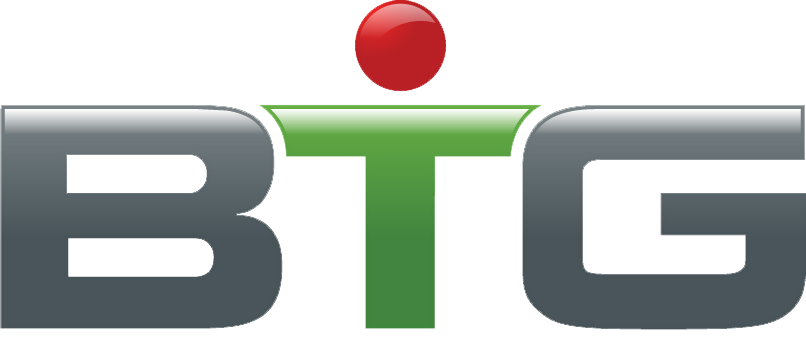In a recent email with a coaching client, I found myself more clearly articulating than ever before why eating sufficient protein is really crucial to optimizing your body composition, so I thought I’d share my “moment of clarity” here. ;)
For the sake of this example / explanation, we’re looking at two scenarios, with the total calorie intake in both cases being the same, with that amount theoretically being exactly right for “maintenance” (I.E. neither gaining nor losing weight), but in one scenario the diet contains insufficient protein to support tissue turnover and repairing the micro-damage that occurs in our muscles when we participate in moderate to intense training, especially resistance / strength training.
Here’s what happens in a scenario with enough protein intake:
Your physical activity causes micro-damage to your muscle tissue, so your body requires a steady supply of amino acids for repair.
Your body gets all the amino acids it needs from the protein-rich foods you ingest, so it can maintain and repair your lean muscle mass.
In order to break down those protein-rich foods into the amino acids and energy they contain, your body actually has to burn a fair bit of energy - about twice the amount of energy (or more!) compared to a comparable (caloric) amount of carbohydrate or fat, and around a third of the total energy contained in the protein. This is called the Thermic Effect of Feeding (TEF).
TEF is usually ballparked at around 10% of your Total Daily Energy Expenditure (TDEE), but high protein meals can increase that by another 10-20%. Don’t get too excited though - that’s 10-20% of that 10%, not the total, so its actual impact is like…1-2% overall. Still, every little bit helps!
All that sounds…well, pretty underwhelming, probably. No “MONSTER GAINZ” to be found here…
Now here’s what happens in a scenario where your protein intake is NOT sufficient:
Your physical activity causes micro-damage to your muscle tissue, so your body requires a steady supply of amino acids for repair.
Since your body isn’t getting all the amino acids it needs from food, it turns to breaking down the protein in your own muscle tissue to get what it needs. This is called catabolism - your body is literally eating its own muscle tissue, and you potentially could lose lean muscle mass.
In addition to the amino acids, breaking down the protein from your muscle tissue releases the energy in that protein as well, and that energy is in addition to the food energy you’re taking in, actually creating a surplus of calories.
The surplus calories are stored in your body. Presuming your glycogen stores in your liver and muscles are topped up (which they should be if the overall intake is correct for maintenance), then there is nowhere else for that energy to be stored except as fat.
So, by not consuming enough protein, you could effectively be losing lean muscle mass (thereby increasing your body fat % and decreasing your Basal Metabolic Rate or BMR - the energy your body burns just by being alive) AND inadvertently causing a caloric surplus which then leads to storage as body fat (further increasing your body fat %).
Completely the opposite of what most of us are after, and that’s with a scenario where we’re talking about someone who is eating enough total calories to maintain their body weight.
If you’re eating at a caloric deficit to lose body fat, this can then also create a nasty, downward spiral of having to eat less and less to compensate for the reduced BMR as you continue to catabolize more and more muscle tissue. Plus, you just end up what we call “skinny fat” - the same body fat percentage, just smaller and weaker, instead of the “lean and toned” athletic look most of us would prefer.
So, in short, make sure you’re getting enough protein in your diet!
Questions or comments? Fire away!

